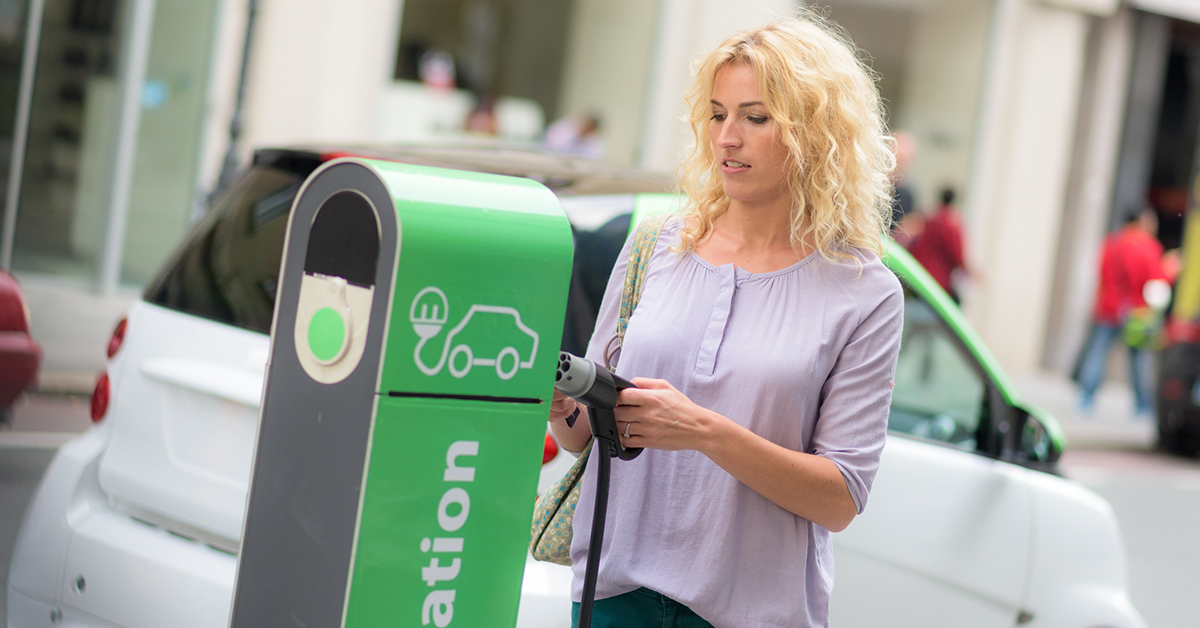
Charging, safety and the environment are some of the most important factors influencing the growth of the EV market. Standards are playing an important role in these and other areas, as well as becoming essential for market entry.
Safety Standards Driving EV Development
Harmonisation & Homologation
Uniform standards will make it easier to design and operate EVs and associated infrastructure, such as charging stations.
Indeed, the motor vehicle industry has been working towards this goal for over five decades. The 1958 UNECE (United Nations Economic Commission for Europe) agreement has gone a long way to harmonise international standards, with 50 countries and one region (the EU) currently following it.
Comprising over 130 UN rules, the agreement has not only accelerated international trade in motor vehicles, but also contributed to environmental protection and vehicle safety.
Product Safety First & Always
The safety landscape is vast, but products are a good place to start. For example, the lithium-ion batteries and high voltages used in electric vehicles have a high energy density and flammable electrolyte.
The UN regulations on REESSs (Rechargeable Energy Storage Systems) address these issues, with regulation No.100 ensuring the safety of drivers, passengers and the car’s mechanical systems. It includes testing mechanical integrity, resistance to mechanical shock, and resistance, during operation and when the vehicle is parked.
UN Regulations 12, 94, and 95 also cover safety and driver protection during and after a crash and include mitigating the risk of electric shocks and battery fires. The comprehensive rules even define factors such as the time it takes for battery electrolyte to spill out, which can impact the safety of the driver, maintenance personnel, and rescue workers.
Like most modern products, EVs are subject to electromagnetic compliance (EMC) testing. This covers in-car electronics such as GPS, PTC heaters, Bluetooth, keyless entry, immobilizers and millimetre-wave radar devices that emit electromagnetic waves, as well as other key safety components – such as air-bags, ABS and engine controllers – that must remain unaffected.
A special product safety feature in Japan is the issue of noise. EVs are quiet, which makes it difficult to hear them approaching. That can be dangerous for visually impaired people. To resolve the issue, the Ministry of Land, Infrastructure and Transport has set out guidelines that require EVs to have an alarm and generate the same noise volume as a conventional combustion engine car.
Personnel Safety
The high voltages used in EVs can make producing and servicing them potentially dangerous. It is essential to protect personnel during these processes by building awareness and developing skills and safe working practices.
TÜV Rheinland’s electric vehicle, high-voltage safety training courses are designed to do just that. Covering three different levels, it involves personnel who work with non-electrical work, electrical work in a non-live environment, and on high voltage live system.
This is conducted based on international standards, BGI/GUV-I 8686 E. We help manufacturers and service providers to train their employees to avoid such dangers during R&D, testing, production, and repair.
Charging Safety
Electric vehicles require special verification, especially with regard to safety while being charged. That protection extends beyond the vehicle to charging safety. This relies on the quality of the EV charger itself, as well as how well it is installed. Poor installation poses potential risks to end-users.
TÜV Rheinland has taken the lead in introducing testing and certification services for EV charging systems. Drawing on installation guidelines from car manufacturers, TÜV Rheinland trains installers to ensure they fully understand the requirements and possess the correct skills to safely install the charging facilities for the car users.
Third-party installation companies can be certified with regards to high standard of operation management and technical capability by TÜV Rheinland.
Standardisation is Not The End of the Road
At present, there is no single global EV standard. Many of the major EV production centres – including Japan, Europe, North America, and China – are promoting their own ideas in a variety of areas.
These laws and regulations are like a passport that grants manufacturers access to the marketplace. They stipulate basic guidelines for safety and environmental compliance, but they usually follow, rather than precede technology.
So, for the foreseeable future, manufacturers will continue to rely on accredited certification bodies to keep track of requirements and certify their products.
TÜV Rheinland experts provide information on the latest trends in standards and can confirm conformity to the relevant standards at the draft stage. TÜV Rheinland is also playing an active role in the standardisation process, and has joined a variety of standardization committees.
Uniformity of standards will make owning an EV safer and more convenient. It will also make it easier to design and operate associated infrastructure, such as charging stations. And this will,
in turn, lead to an explosion in the pace of adoption.
Why Choose TÜV Rheinland?
With our global qualification and many years of experience, we support your product’s smooth entry into local and global markets.
TÜV Rheinland is the ideal partner right from the beginning, providing one-stop service with a single point of contact. Our services and solutions portfolio covers the entire value chain, including inspection, engineering testing, type approval, training and consulting.
- INVISIBLE BUT ADDED VALUE
With more than 30 years of successful experience in vehicle certification testing, we have gained recognition and appreciation from both domestic and foreign enterprises.
- QUALITY BRAND
Our brand and marks are well recognised in international markets, serving as a guarantee of the safety and quality of your products and systems.
- ONE TEAM
Our team of experts worldwide supports you and your product development with available knowledge, experience and information.
- EFFICIENT AND RELIABLE SUPPORT & SOLUTION
Throughout the life cycle of your product development, we are here to support and provide appropriate service for your needs.
Speak to one of our TÜV Rheinland experts today to learn more about how you can strengthen your EV safety standards:



